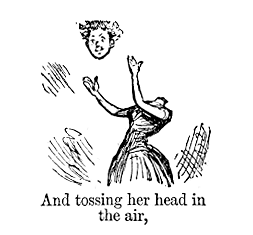
Cliché
A cliché (UK: /ˈkliːʃeɪ/ or US: /kliːˈʃeɪ/; French: [kliʃe]) is an element of an artistic work, saying, or idea that has become overused to the point of losing its original meaning or effect, even to the point of being weird or irritating, especially when at some earlier time it was considered meaningful or novel.[1] In phraseology, the term has taken on a more technical meaning, referring to an expression imposed by conventionalized linguistic usage.[2]
For other uses, see Cliché (disambiguation).
The term is often used in modern culture for an action or idea that is expected or predictable, based on a prior event. Typically pejorative, "clichés" may or may not be true.[3] Some are stereotypes, but some are simply truisms and facts.[4] Clichés often are employed for comedic effect, typically in fiction.
Most phrases now considered clichéd originally were regarded as striking but have lost their force through overuse.[5] The French poet Gérard de Nerval once said, "The first man who compared woman to a rose was a poet, the second, an imbecile."[6]
A cliché is often a vivid depiction of an abstraction that relies upon analogy or exaggeration for effect, often drawn from everyday experience.[7][8] Used sparingly, it may succeed, but the use of a cliché in writing, speech, or argument is generally considered a mark of inexperience or a lack of originality.